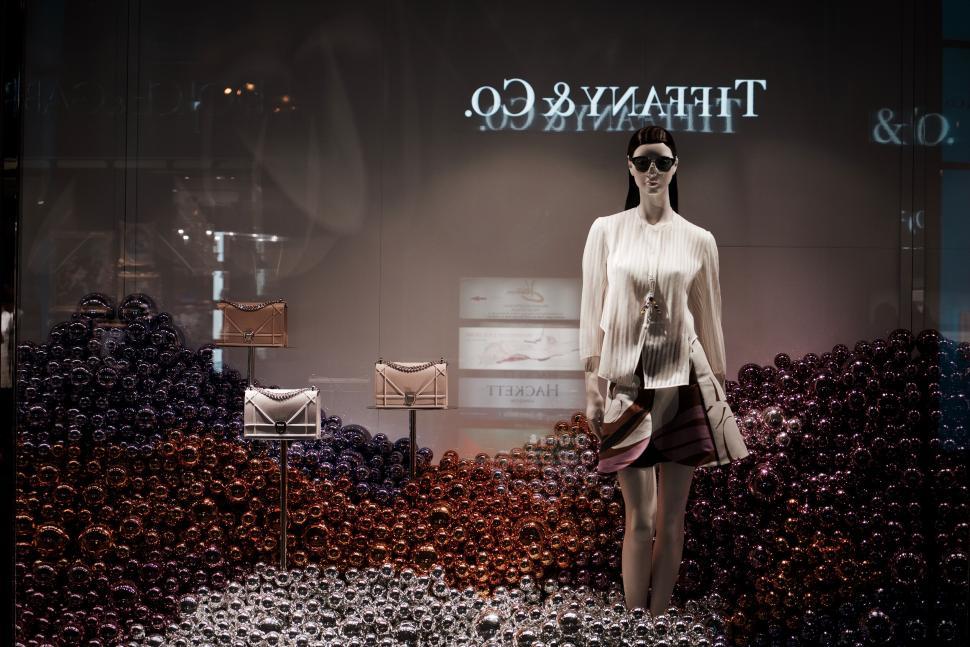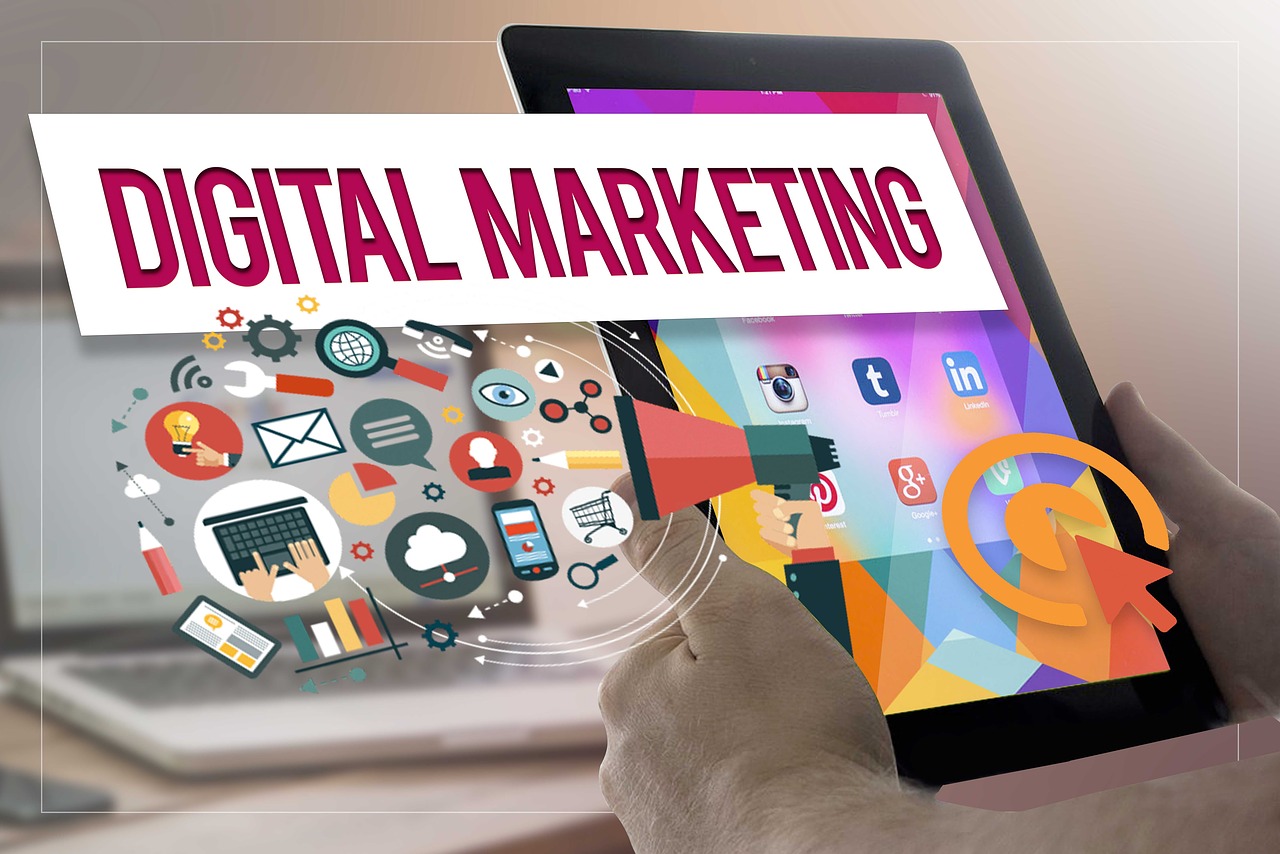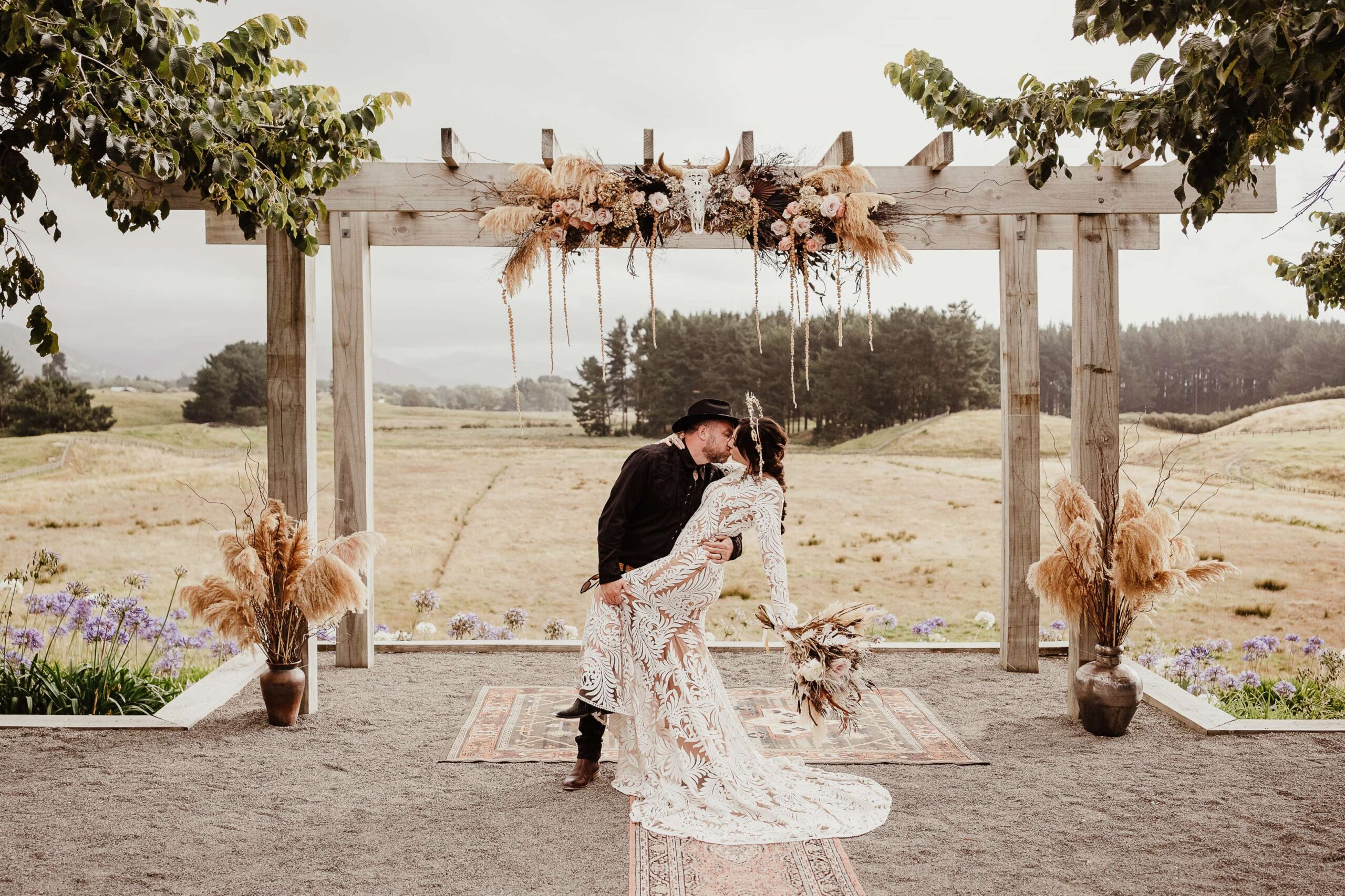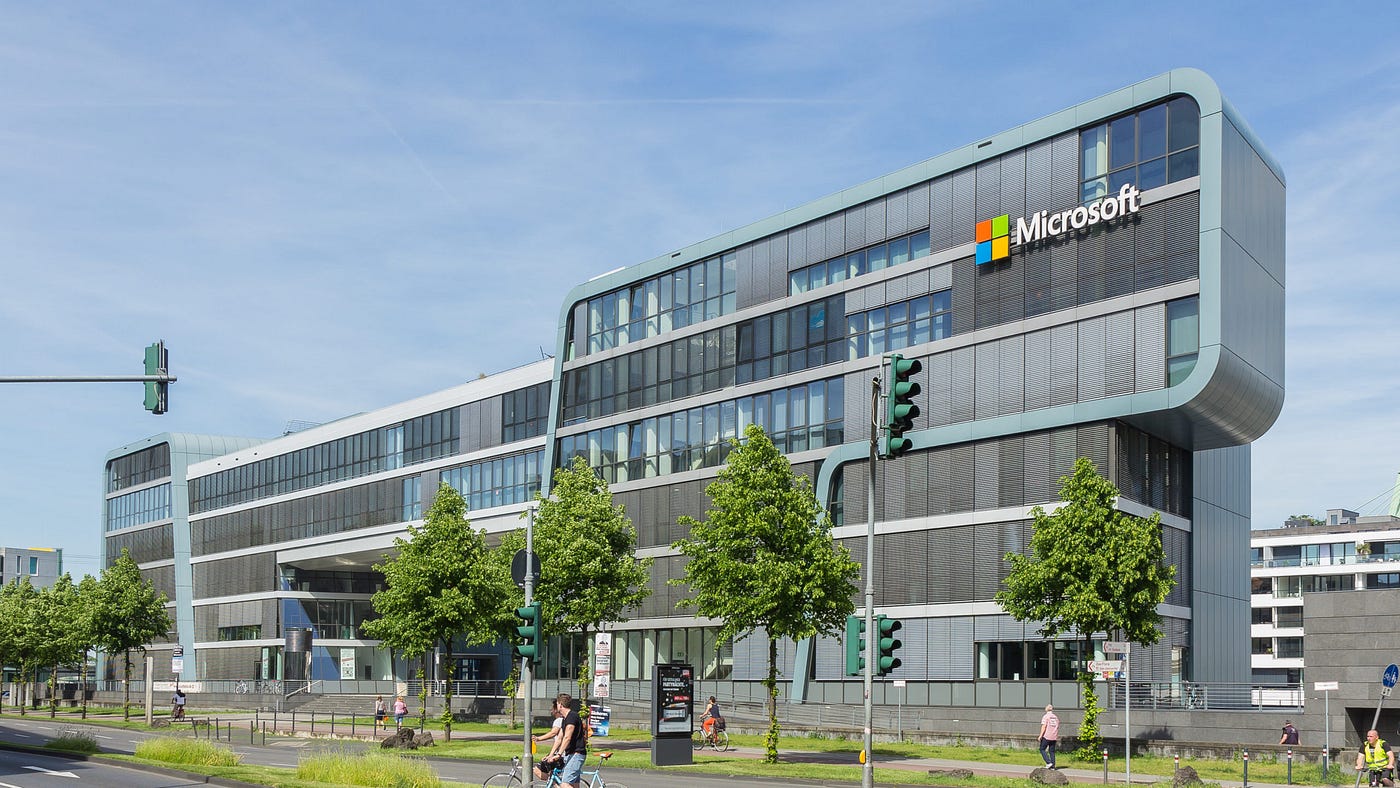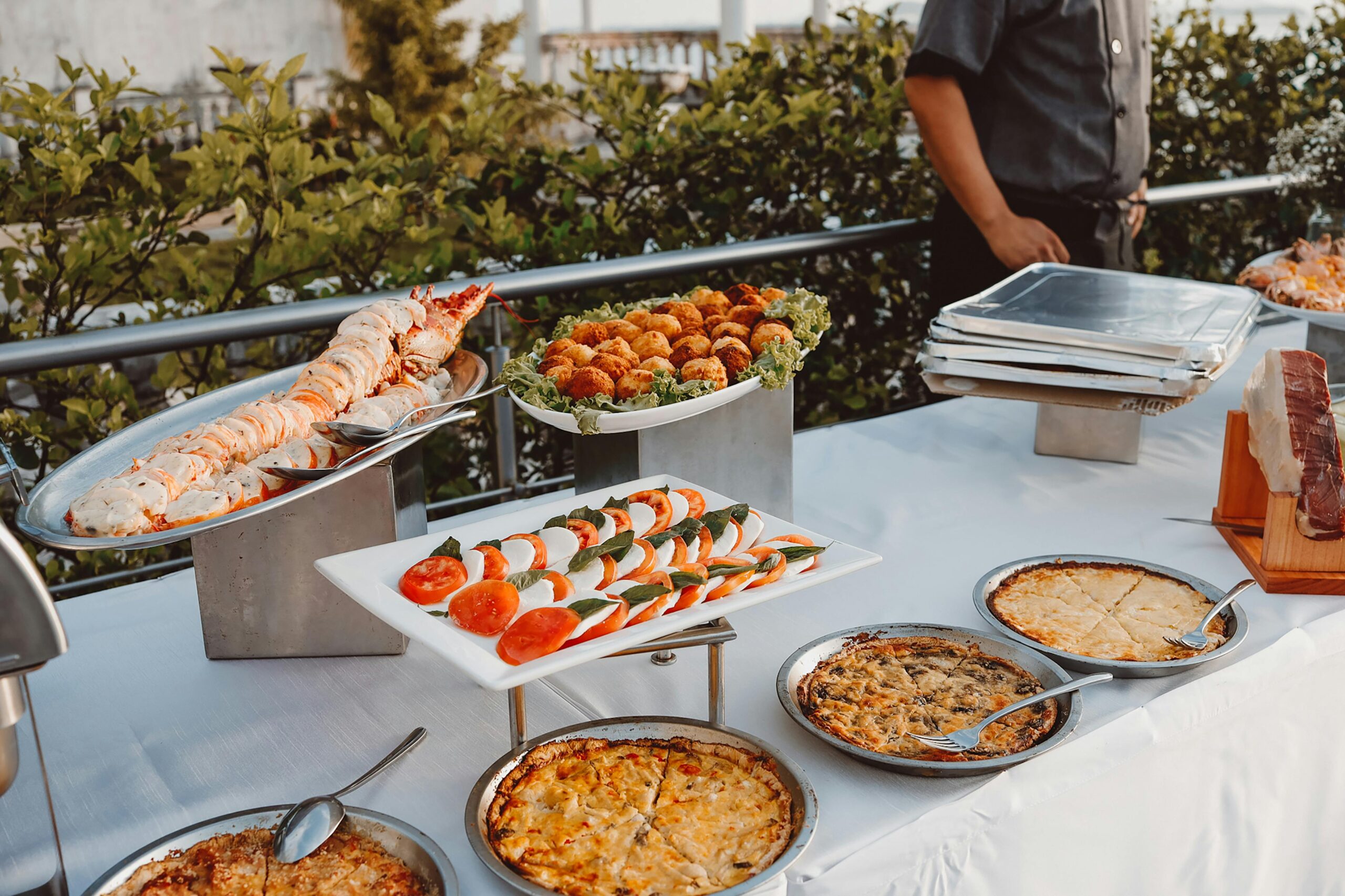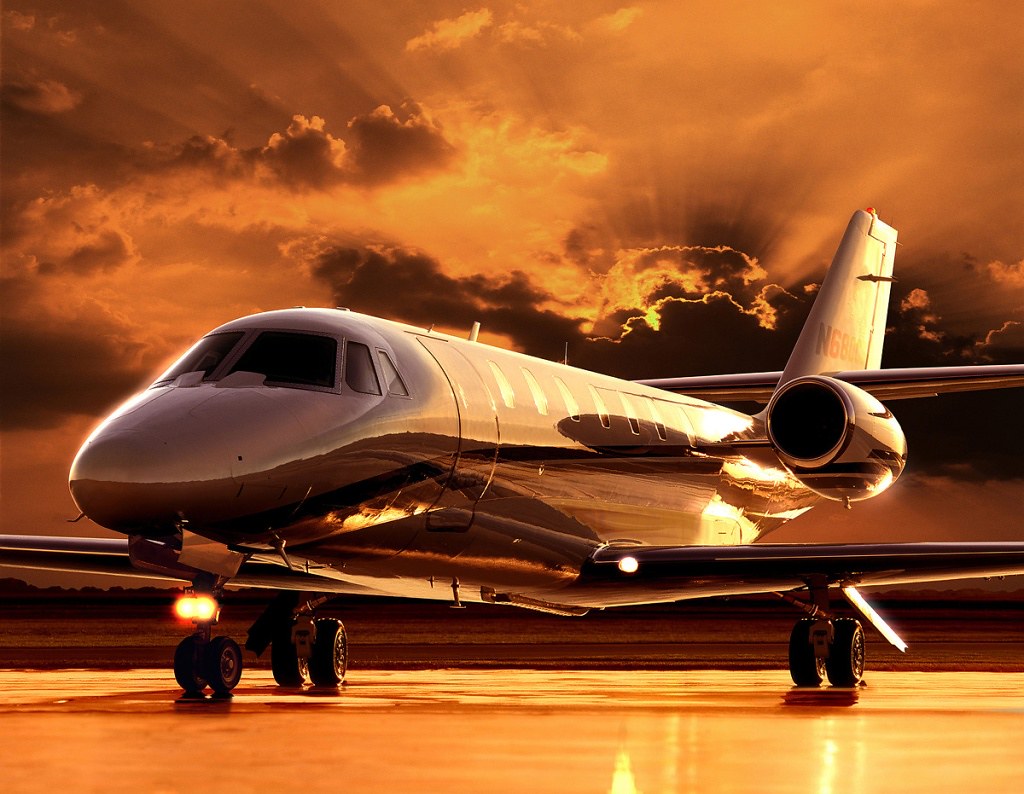The Essence of Luxury Lifestyle: Defining Opulence and Refinement
Introduction
The concept of luxury is often associated with wealth and exclusivity, encompassing a lifestyle characterized by elegance, indulgence, and sophistication. Luxury lifestyle goes beyond mere material possessions; it reflects a pursuit of quality, exclusivity, and exceptional experiences. This article explores the multifaceted world of luxury lifestyle, examining its key components, trends, and impact on society.
1. The Concept of Luxury
1.1 Defining Luxury
Luxury is a term that evokes notions of grandeur, comfort, and exclusivity. Traditionally, it refers to high-end products and services that are not only expensive but also offer superior quality and unique experiences.
- Historical Perspective: Historically, luxury was reserved for the elite and often associated with extravagance and excess. It was reflected in opulent palaces, elaborate art collections, and grandiose events.
- Modern Luxury: In contemporary times, luxury has evolved to include not only tangible goods but also intangible experiences and services that provide exceptional value and personalization.
1.2 The Psychology of Luxury
The allure of luxury is deeply psychological, involving perceptions of status, identity, and self-worth.
- Status Symbol: Luxury items often serve as status symbols, signaling wealth and social standing. Owning exclusive brands or properties can enhance one’s social status.
- Personal Fulfillment: For many, luxury represents a sense of personal achievement and fulfillment, reflecting a lifestyle that aligns with their values and aspirations.
2. Components of a Luxury Lifestyle
2.1 High-End Fashion and Accessories
Fashion is a cornerstone of luxury lifestyle, with high-end brands setting trends and defining elegance.
- Luxury Brands: Iconic luxury fashion houses such as Chanel, Gucci, and Louis Vuitton are renowned for their craftsmanship, quality, and exclusivity. Their collections often feature timeless designs and premium materials.
- Bespoke Tailoring: Custom-made clothing and accessories offer a unique level of personalization, ensuring a perfect fit and distinct style.
2.2 Fine Dining and Gourmet Experiences
Gourmet dining is an integral part of the luxury lifestyle, offering exquisite culinary experiences and exceptional service.
- Michelin-Star Restaurants: Dining at Michelin-starred restaurants is considered the pinnacle of gourmet experiences, featuring innovative cuisine, top-notch ingredients, and world-class service.
- Exclusive Food and Beverage: Luxury dining extends to rare and high-quality ingredients such as truffles, caviar, and vintage wines, which offer a taste of exclusivity and refinement.
2.3 Opulent Travel and Accommodation
Travel is an essential aspect of luxury lifestyle, providing opportunities for relaxation, exploration, and indulgence.
- Luxury Resorts and Hotels: Five-star resorts and boutique hotels offer unparalleled comfort, personalized service, and exclusive amenities. Destinations like the Maldives, Monaco, and Bora Bora are synonymous with luxury.
- Private Yachts and Jets: For the ultimate in privacy and convenience, private yachts and jets provide a bespoke travel experience, allowing for flexible itineraries and lavish accommodations.
2.4 Exclusive Real Estate
Real estate plays a significant role in the luxury lifestyle, with properties offering both comfort and prestige.
- Luxury Homes: High-end properties often feature expansive designs, state-of-the-art amenities, and prime locations. Mansions in Beverly Hills, penthouses in New York, and waterfront villas in the Caribbean exemplify luxury real estate.
- Architectural Masterpieces: Unique architectural designs and historical properties add to the allure of luxury real estate, offering both aesthetic value and historical significance.
2.5 Bespoke Services and Experiences
Luxury lifestyle is characterized by personalized services and bespoke experiences that cater to individual preferences and desires.
- Personal Concierges: Personal concierges provide tailored services, from booking exclusive events to arranging unique experiences, ensuring a seamless and customized lifestyle.
- Custom Experiences: Bespoke travel itineraries, private viewings, and personalized wellness retreats offer a high level of customization and exclusivity.
3. Trends in Luxury Lifestyle
3.1 Sustainability and Ethical Luxury
The luxury industry is increasingly focusing on sustainability and ethical practices, reflecting a growing awareness of environmental and social issues.
- Eco-Friendly Brands: Luxury brands are adopting sustainable practices, such as using eco-friendly materials and reducing carbon footprints. Companies like Stella McCartney and Gucci are leading the way in ethical fashion.
- Conscious Consumerism: Consumers are seeking luxury products that align with their values, including those that support fair trade, environmental conservation, and social responsibility.
3.2 Digital Transformation and Virtual Luxury
Technology is transforming the luxury landscape, offering new ways to experience and engage with luxury.
- Virtual Reality Experiences: VR technology allows users to explore luxury properties, try on virtual fashion, and experience exclusive events from the comfort of their homes.
- E-Commerce and Digital Exclusives: Online platforms offer access to luxury goods and services, including exclusive digital drops, virtual showrooms, and online auctions.
3.3 Wellness and Self-Care
The focus on wellness and self-care has become an integral part of the luxury lifestyle, with a growing emphasis on holistic well-being.
- Luxury Wellness Retreats: High-end wellness retreats offer a combination of relaxation, rejuvenation, and personalized health services. Destinations like Bali and the Swiss Alps are popular choices for wellness getaways.
- Advanced Health Technologies: Innovations in health technology, such as personalized genetic testing and cutting-edge treatments, cater to those seeking optimal health and wellness.
4. The Influence of Luxury Lifestyle on Society
4.1 Economic Impact
The luxury sector contributes significantly to the global economy, influencing various industries and markets.
- Job Creation: The luxury industry generates employment opportunities across sectors such as fashion, hospitality, and real estate.
- Economic Growth: High-end spending drives economic growth and supports local economies, particularly in luxury destinations and retail hubs.
4.2 Cultural and Social Influence
Luxury lifestyle shapes cultural trends and social norms, reflecting and influencing societal values and aspirations.
- Fashion and Trends: Luxury fashion sets trends that often trickle down to mainstream fashion, influencing styles and preferences.
- Social Status: Luxury goods and experiences are often associated with social status and exclusivity, impacting social dynamics and perceptions.
5. The Future of Luxury Lifestyle
5.1 Innovation and Creativity
The future of luxury will be characterized by innovation and creativity, with a focus on redefining opulence and exclusivity.
- Design and Craftsmanship: Continued emphasis on unique design, artisanal craftsmanship, and limited-edition releases will drive the future of luxury fashion and accessories.
- Experiential Luxury: Personalized and immersive experiences will become increasingly important, with a focus on creating memorable and bespoke moments.
5.2 Globalization and Emerging Markets
The luxury market is expanding globally, with emerging markets playing a significant role in shaping the future of luxury lifestyle.
- Rising Markets: Countries such as China, India, and the Middle East are becoming major players in the luxury market, with growing consumer bases and increasing demand for high-end products and services.
- Cultural Integration: The integration of diverse cultural influences will enrich the luxury experience, offering new perspectives and opportunities for innovation.
5.3 Technology Integration
Technology will continue to shape the luxury lifestyle, offering new ways to experience and engage with luxury.
- Smart Homes and Automation: Advances in smart home technology and automation will enhance the convenience and comfort of luxury living spaces.
- Personalized Digital Experiences: AI and data analytics will enable more personalized and tailored luxury experiences, from curated travel itineraries to customized shopping recommendations.
Conclusion
The luxury lifestyle embodies a pursuit of excellence, refinement, and indulgence, encompassing a wide range of experiences and possessions. From high-end fashion and gourmet dining to opulent travel and bespoke services, luxury represents a commitment to quality, exclusivity, and personal fulfillment. As the luxury market continues to evolve, driven by innovation, sustainability, and global trends, it will offer new and exciting opportunities for those seeking to elevate their lifestyle and embrace the art of living well. By understanding and appreciating the nuances of luxury, we can better navigate this dynamic and ever-evolving world of opulence and sophistication.
